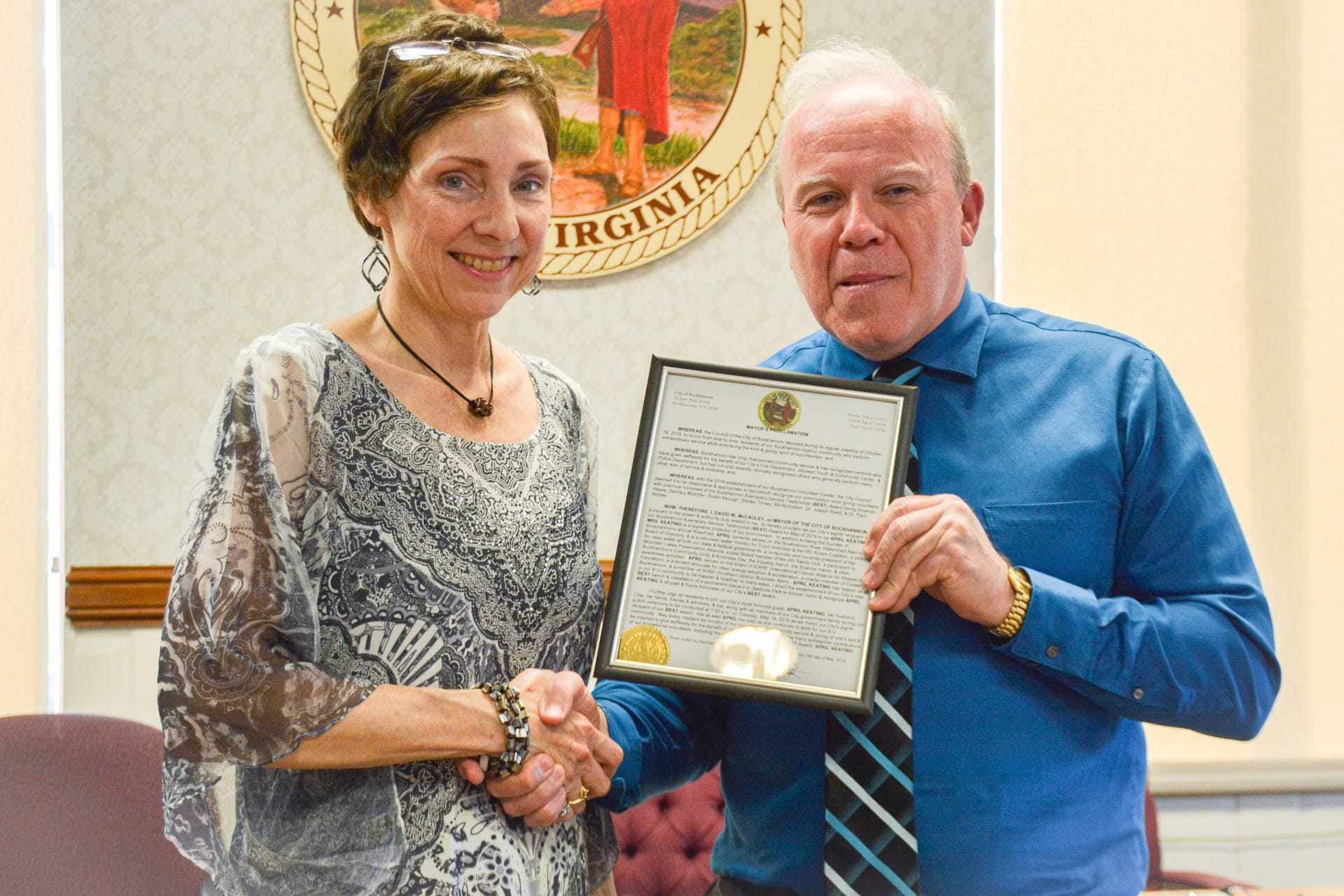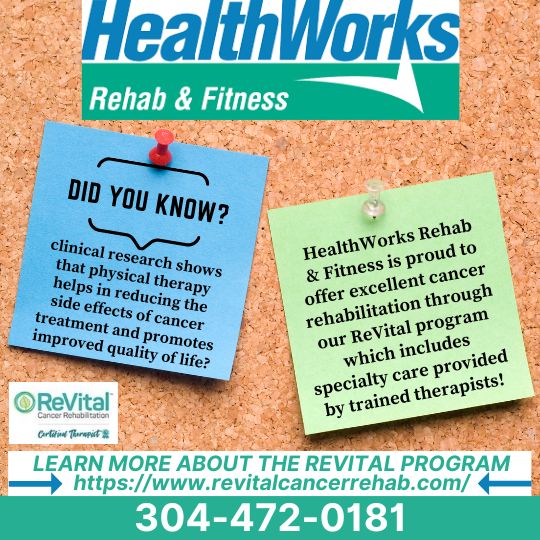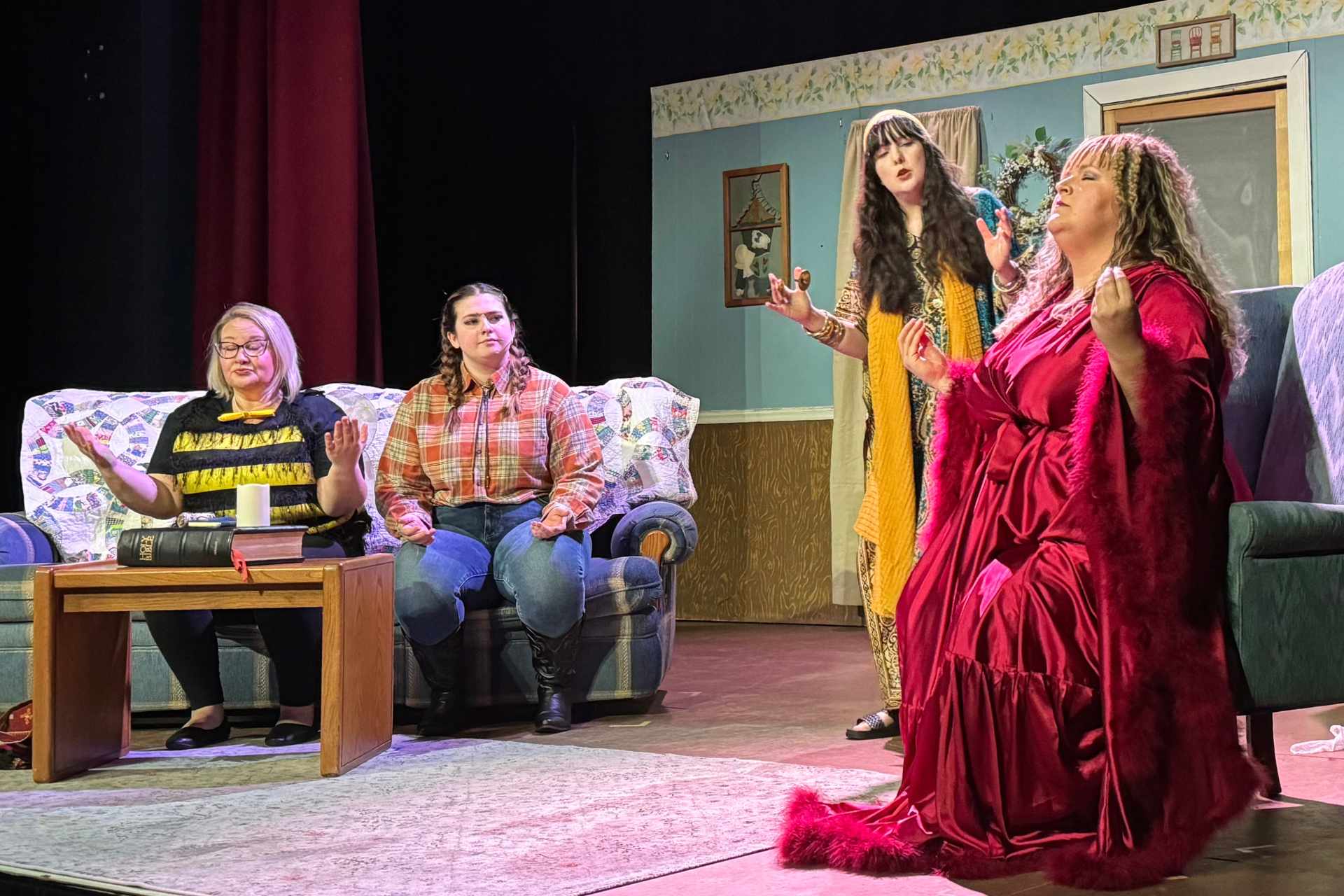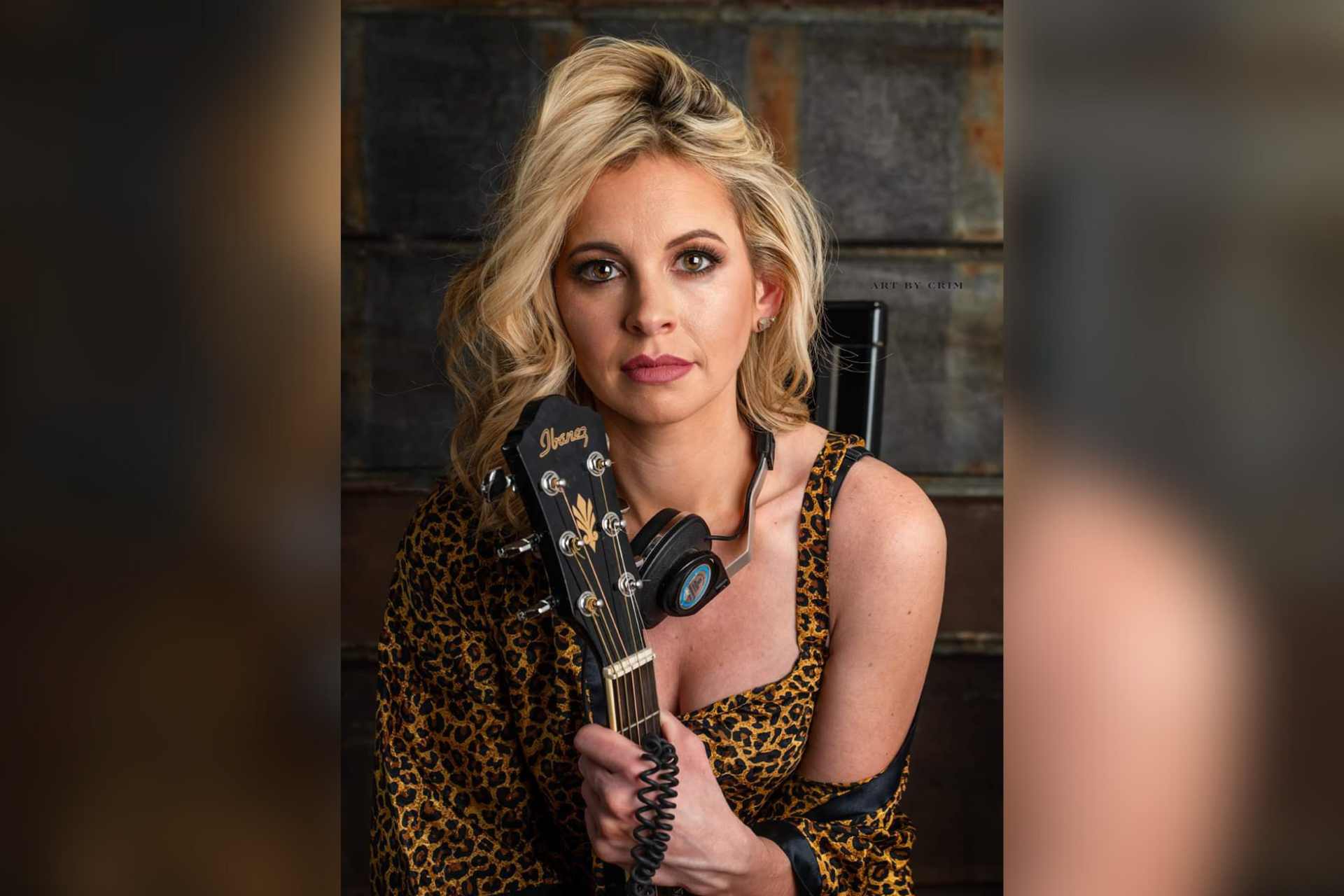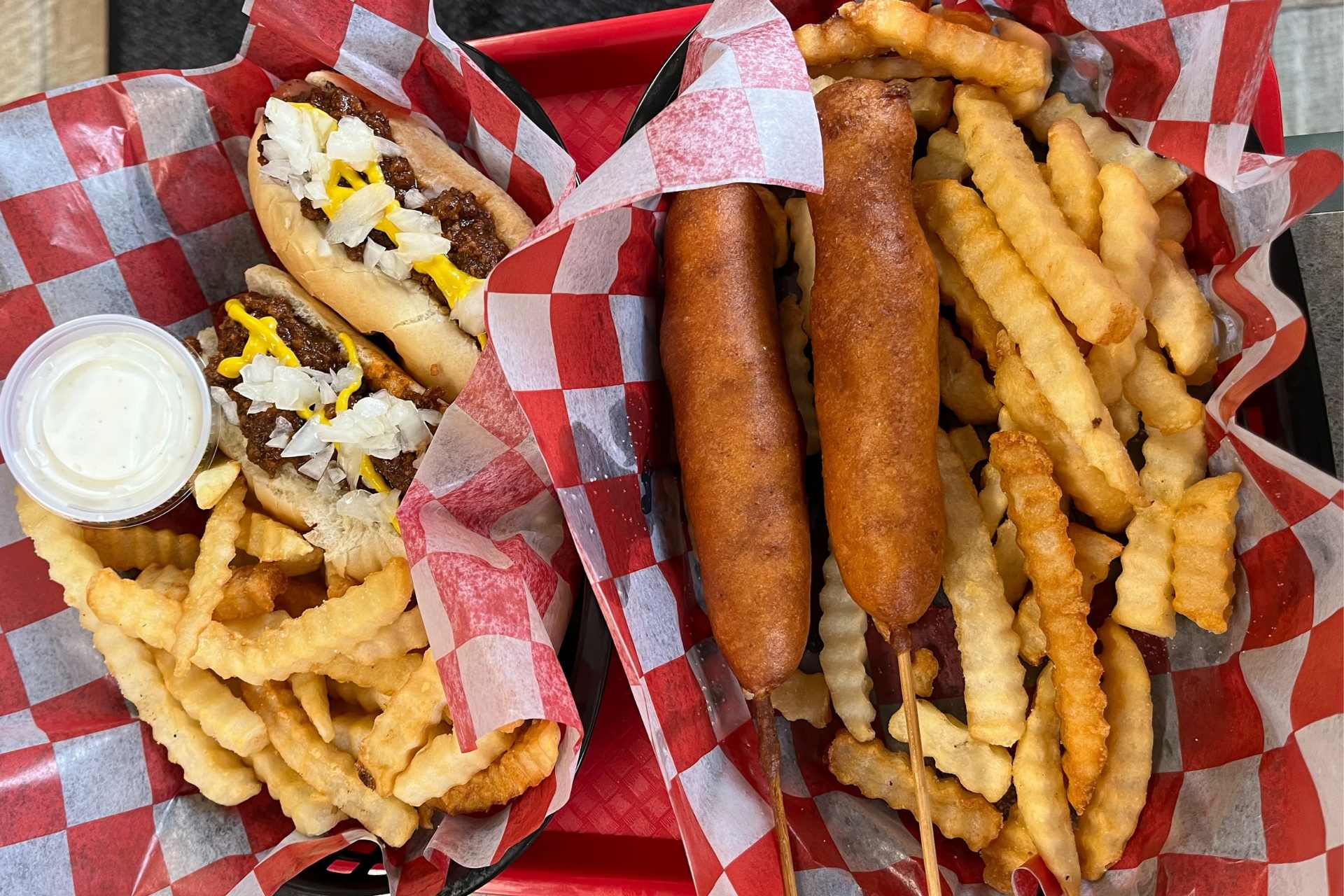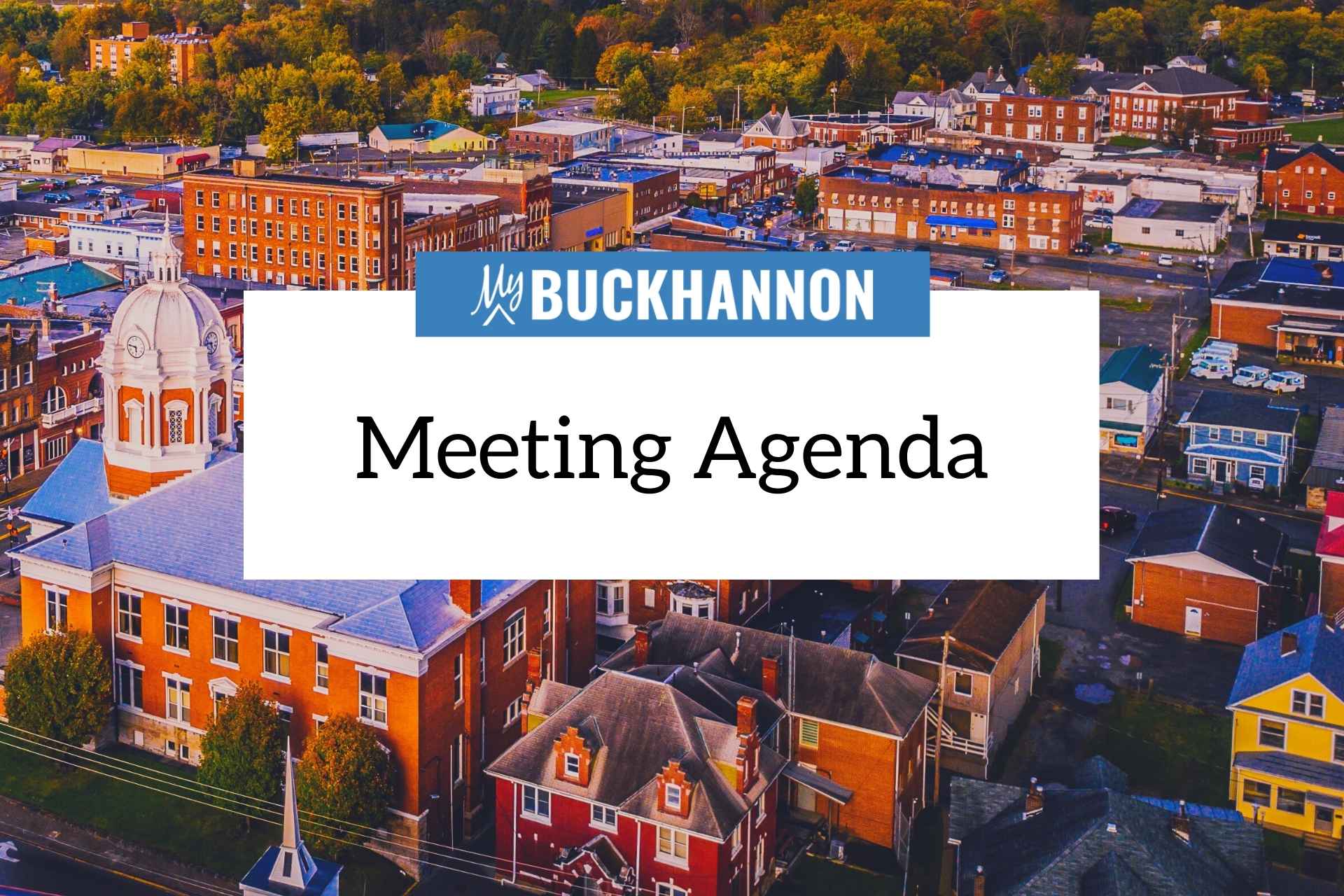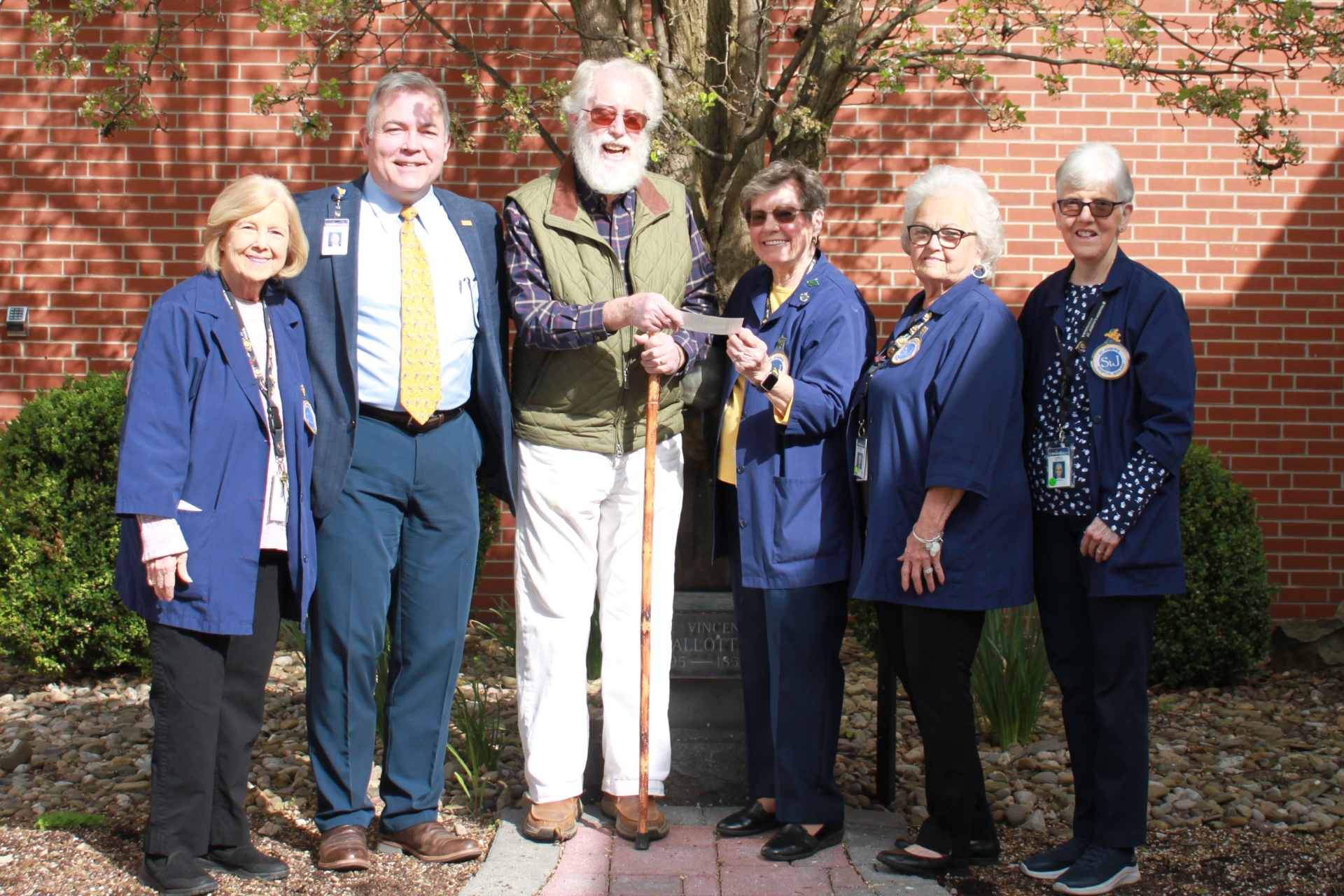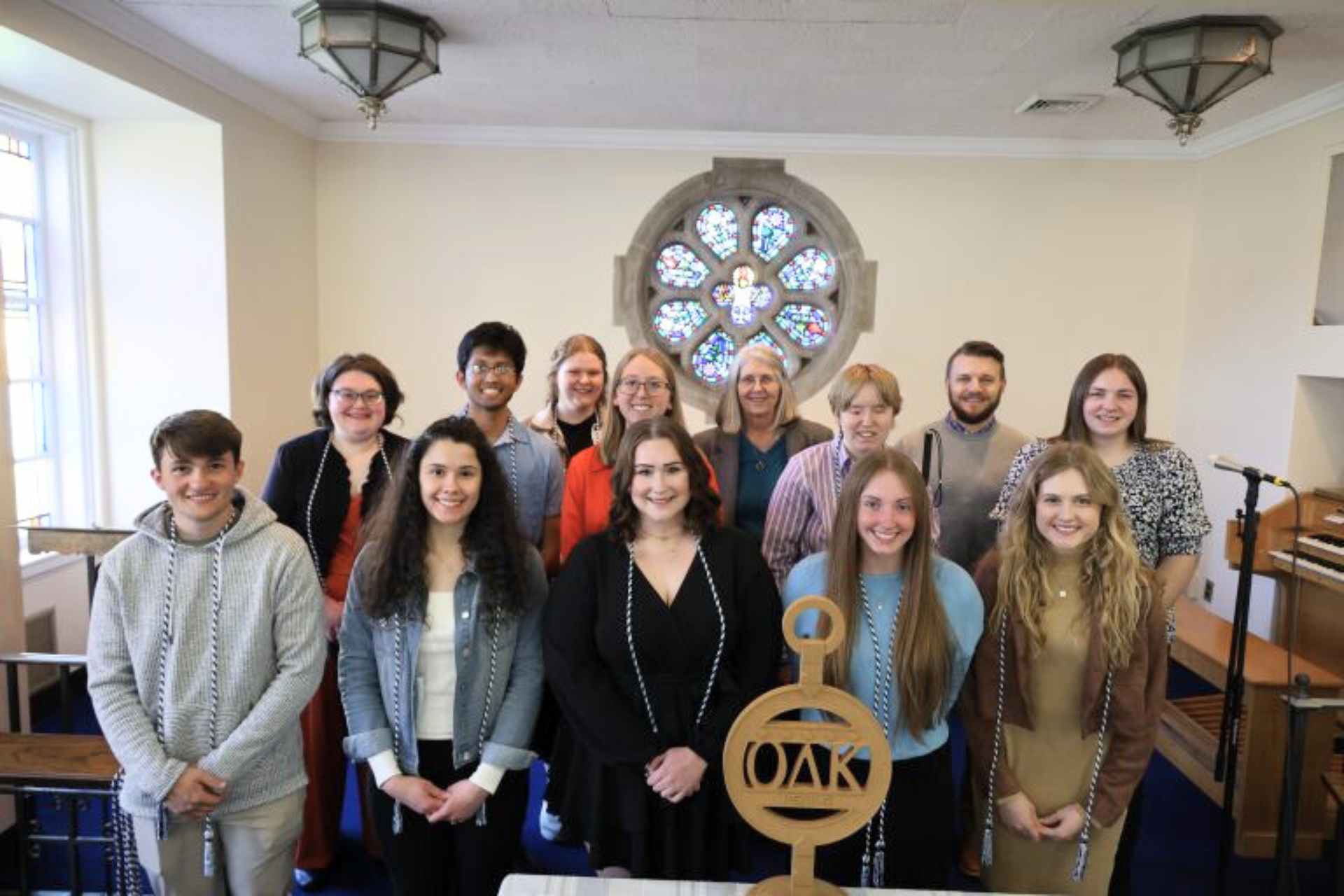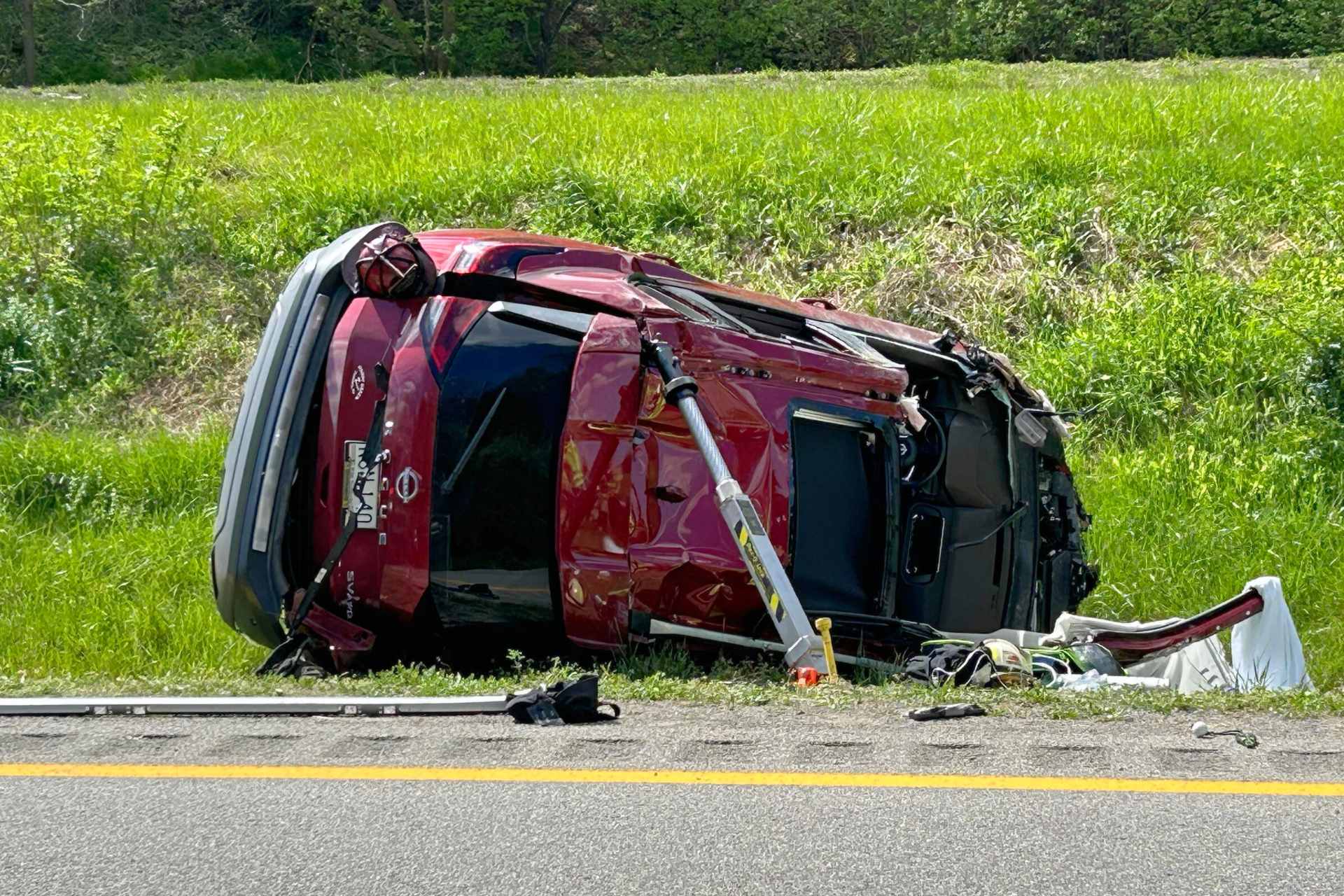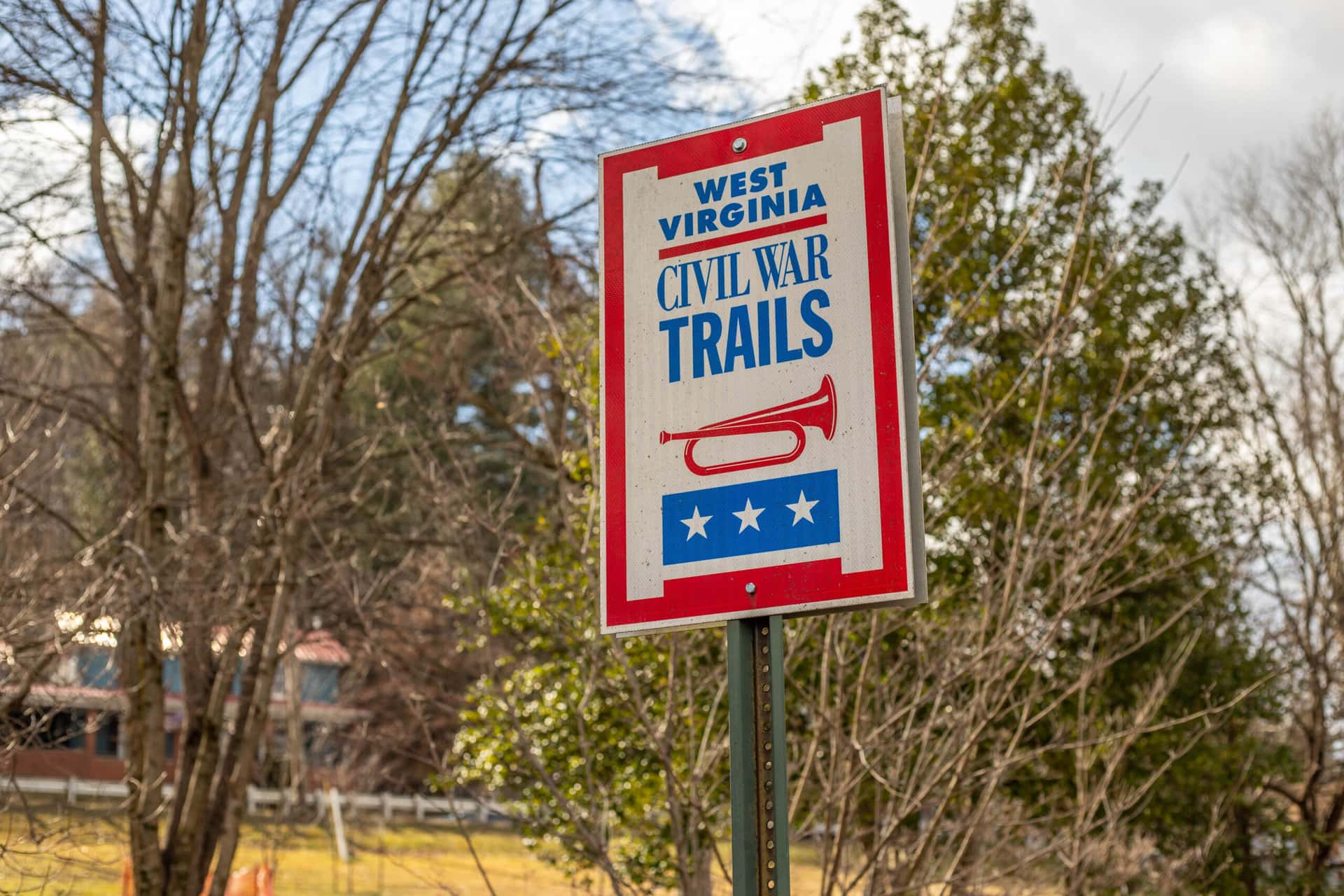“Don’t have children,” April Pierson-Keating advised me on the last day I saw her.
“Really,” she said, from across the table on the patio outside Stone Tower Brews. “If things don’t change, I don’t know what’s going to happen.”
To the Earth, she meant. To our planet.
April looked paler on that mid-August day than I’d ever seen her look. But even then, the pain of the cancer that had mercilessly invaded her bones hadn’t stopped her from wearing a colorful headscarf and carefully coordinated jewelry and accessories. (“Oooh, I like those earrings,” she had even told me at the beginning of our meeting; she always had an eye for fashion.)
We’d talked about a host of things that day – clean water, environmental justice, Radium-226, the Atlantic Coast Pipeline.
Our conversation had taken such a dark and heavy turn that, after she’d gone, I went inside Stone Tower, walked up to the barista at the counter and joked that I needed to buy myself a beer.
I didn’t want to think about melting icebergs and poisoned water and the fate of future generations. All of that was uncomfortable and unsettling, and I was just a mid-30-something trying to live my life.
It was actually the second of two interviews we’d done that month. The first time, we talked about the Buckhannon Riverfest she’d organized. Now, we were talking about a 5K she was coordinating in October, which she hoped would raise funds for ICARE, the International Cancer Alliance for Research and Education.
I was going to write a preview story about it, which was fitting, I thought, since October is Breast Cancer Awareness Month.
ICARE is one of the few organizations that actively funds metastatic breast cancer research. Headquartered in Bethesda, Maryland, ICARE is more a methodology than anything else, April told me.
It connects cancer patients with an oncology researcher and a doctor to form I-Teams – a patient-centered treatment team, she’d explained.
“ICARE gives me a lot of hope,” she told me. “My researcher always has something new for me. He’s a researcher in different fields related to cancer treatment. He looks out for me, and he’s always looking for something that could benefit me.”
April said raising money for a nonprofit organization that funds metastatic cancer research was critical to her well-being and that of other patients similarly afflicted.
“Most of the (cancer) research goes to stages zero to three, which basically means you caught it before it metastasized, and most of those people can do quite well for a number of years, but breast cancer can come back, ovarian cancer can come back and prostate cancer tends to metastasize,” she said.
April said just 3-5 percent of the money raised for cancer research goes to support finding treatments for the disease when it’s metastatic – and even less when it’s invasive metastatic.

I decided to take the opportunity to bring up a subject I’d always felt too awkward to discuss: I wanted to know how she, four years after being diagnosed with a crippling illness, had managed to keep up (and even intensify) her advocacy.
How did she find energy to fight for future generations of people when she could have easily and understandably been consumed by the fight for her life? I’d pondered this many times while watching this unapologetically honest, fierce, persistent woman speak at city council meetings, county commission meetings and public hearings.
April said that for a long time, she’d felt OK – “good,” even. In recent months, though, as her pain worsened and the disease progressed, she’d had some trouble walking, trouble finding the energy to complete the tasks she wanted to get done. She felt somewhat despondent.
“There was a day that I was going to go to commission, but I couldn’t go to commission,” she said. “It interrupts your life, and it makes you feel bad. But I just reach out to other people in my support network for support, and I read a lot. I try new things.”
“I’ve always been really concerned about justice, whether it was environmental justice or social justice,” she added. “There are so many things happening in the world right now that I feel like we all need to step up. I can’t control what other people do, but I can control what I do, and I hope that’s enough.”
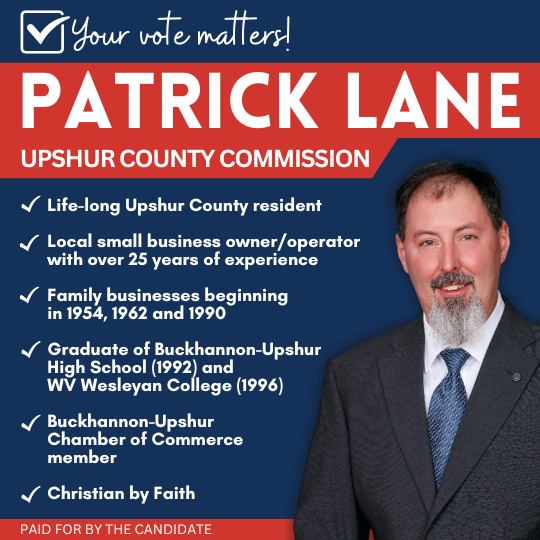
April paused a moment, thinking.
“I just wish there were three of me,” she said, moving her salad around in her bowl.
A month later, after a friend told me April had postponed the ICARE Metastatic Breast Cancer 5K until May 2020, I messaged her to see if she was doing OK.
Worse in some ways, better in others, she’d replied on Sept. 19.
I’d been driving at the time and then had forgotten to reply.
It seems impossible April’s gone because I can still feel her energy and her spirit. Since I found out she passed away, I’ve been thinking back to that last conversation we had in August – the one that forced me to think about things I didn’t want to think about and feel a despair I didn’t want to feel.
Now, it seems fitting. After all, wasn’t that one of her life’s goals and purposes? Didn’t she want her words to serve as a wakeup call?
That’s when I thought about how important it is for people to bring peace to situations at certain times and shake things up at others – and there’s a distinct beauty in both.
Rest in power, April.
